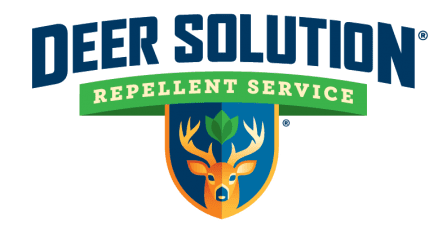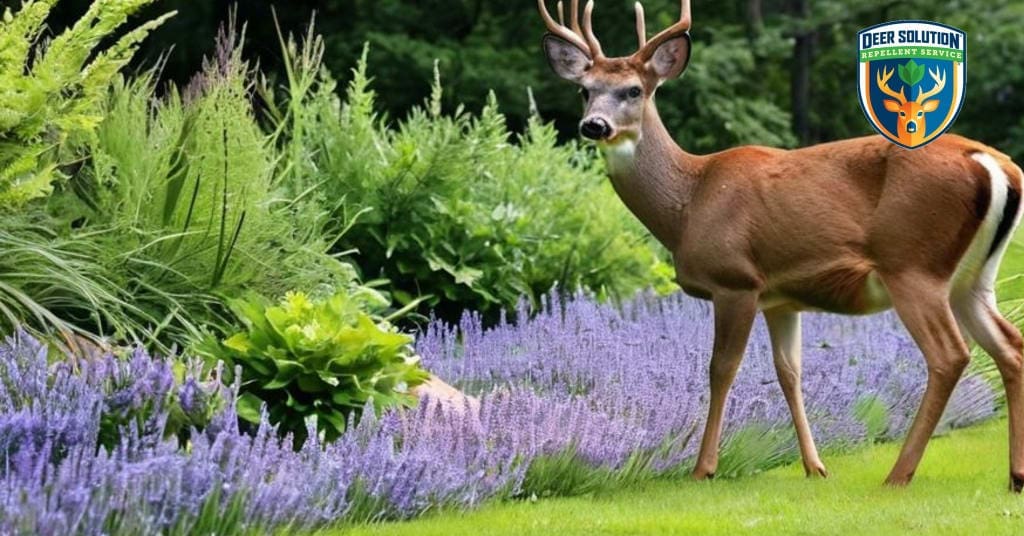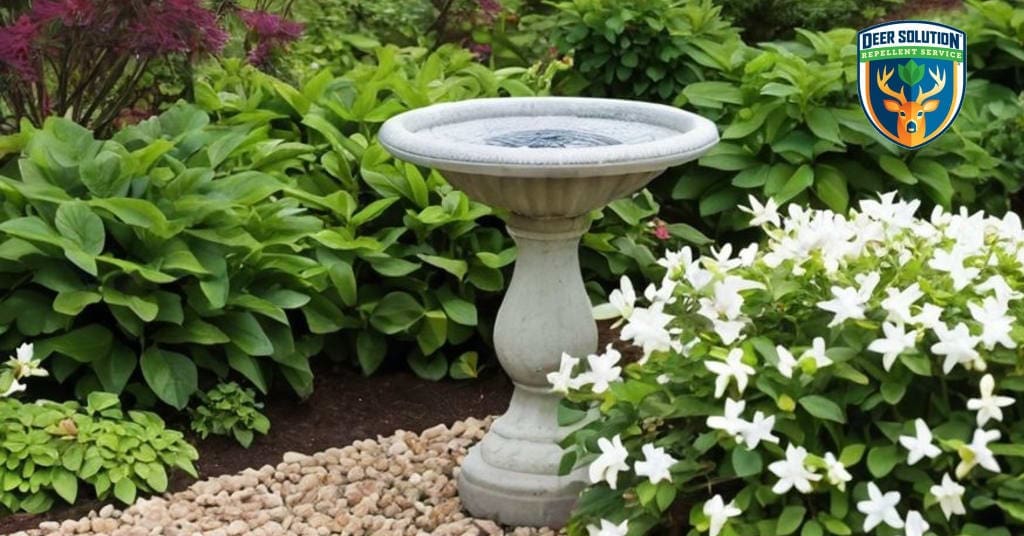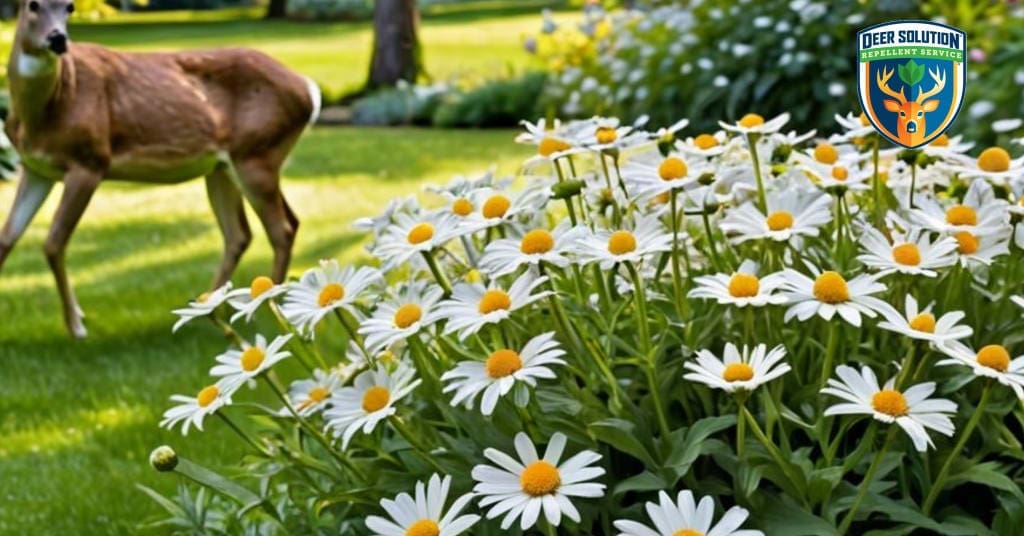Exploring the Garden Dilemma: Do Deer Eat Nodding Onion?
As a property owner who has invested in landscaping, you’ve likely pondered which plants can best complement your outdoor spaces while surviving the challenges posed by local wildlife.
One plant that often catches the eye is the nodding onion. This prompts the question, “Do deer eat nodding onions?”
Deer: Creatures of Habitual Foraging
Understanding deer behavior is essential for anyone who wishes to cultivate a thriving garden. Deer are opportunistic feeders; their diet fluctuates based on the season, the availability of food, and environmental factors.
This knowledge is key to an effective deer management strategy.
- Impact of environmental conditions on deer feeding habits
- The role of native flora in deer nutrition
- How seasonal changes influence deer’s food choices
Nodding Onion: A Garden Gem
Nodding onion is admired for its unique aesthetic and low maintenance needs. Its drooping, bell-shaped flowers provide visual interest, while its drought resistance makes it an excellent choice for varied climates.
Is Nodding Onion a Deer-Resistant Plant?
Generally speaking, nodding onions are not high on a deer’s preferred menu. These plants are part of the allium family, which tend to have a strong scent that is less inviting to deer.
However, it’s worth noting that no plant is completely deer-proof; the aim is to make your garden less appealing to these creatures.
Effective Strategies for a Balanced Landscape
If you’re committed to safeguarding the aesthetics and health of your garden, taking extra precautions is always beneficial. Diversifying plant selections and including less appetizing options like nodding onion can assist in repelling deer.
Additional Considerations for a Harmonious Garden
Successfully balancing a garden that’s both beautiful and deer-resistant isn’t solely about plant selection. Employing sustainable gardening practices and understanding the local ecosystem are equally crucial.
- Importance of ecological balance
- Benefits that solidify the place of native plants
- Methods that ensure the safety and well-being of local fauna
The Role of Deer Solution in Your Gardening Quest
When it comes to finding eco-friendly solutions to deer-related challenges in your landscape, Deer Solution is your go-to resource. We provide you with methods that align with responsible environmental stewardship.











